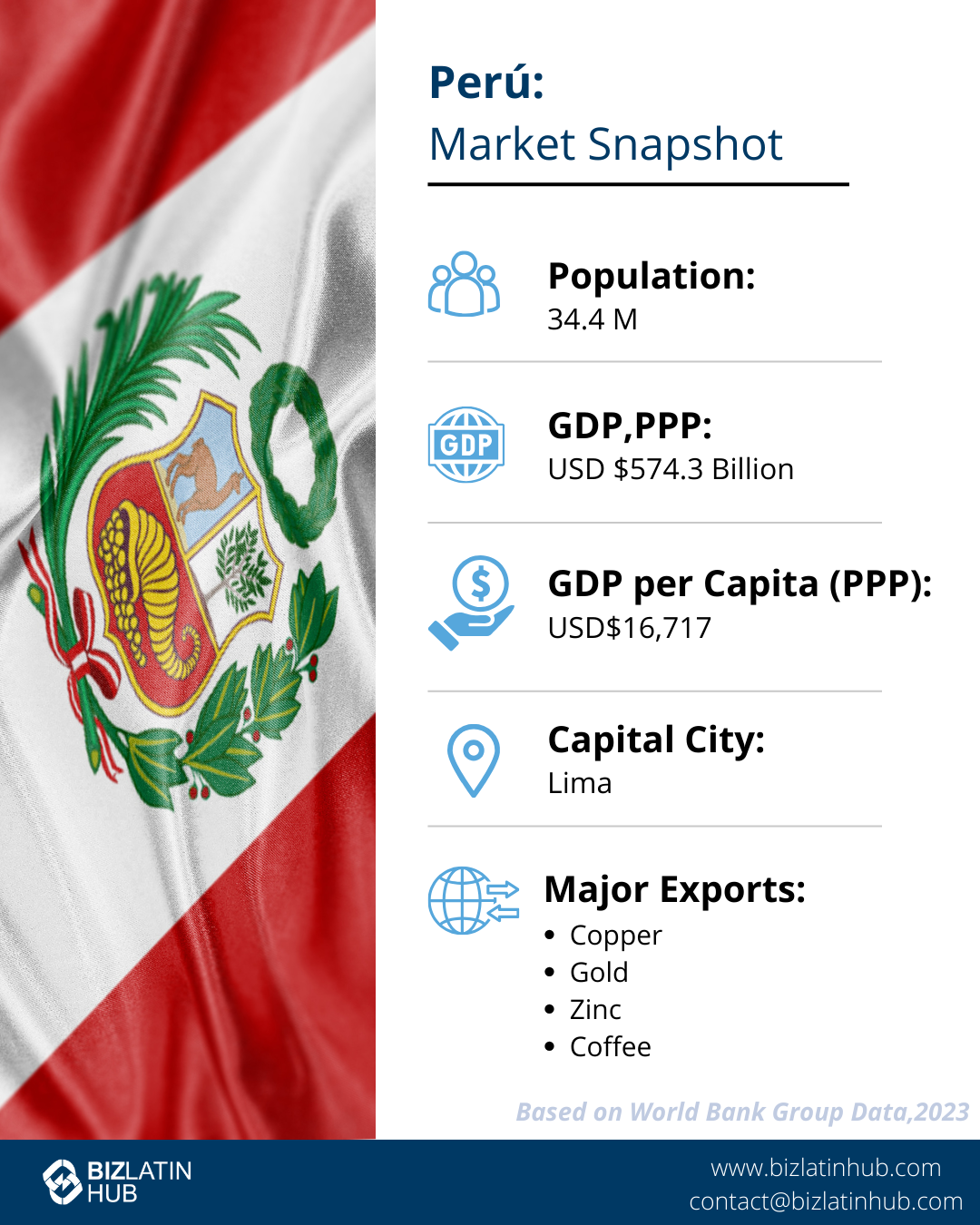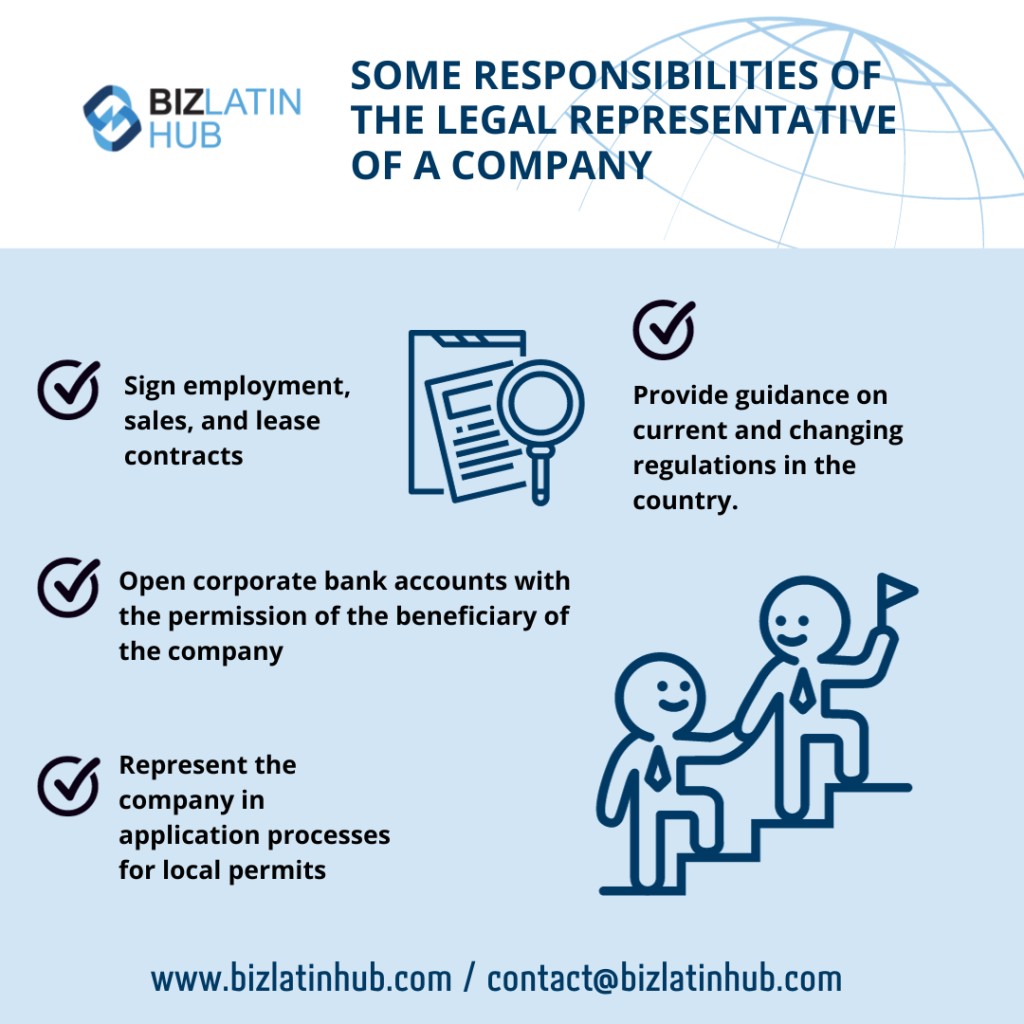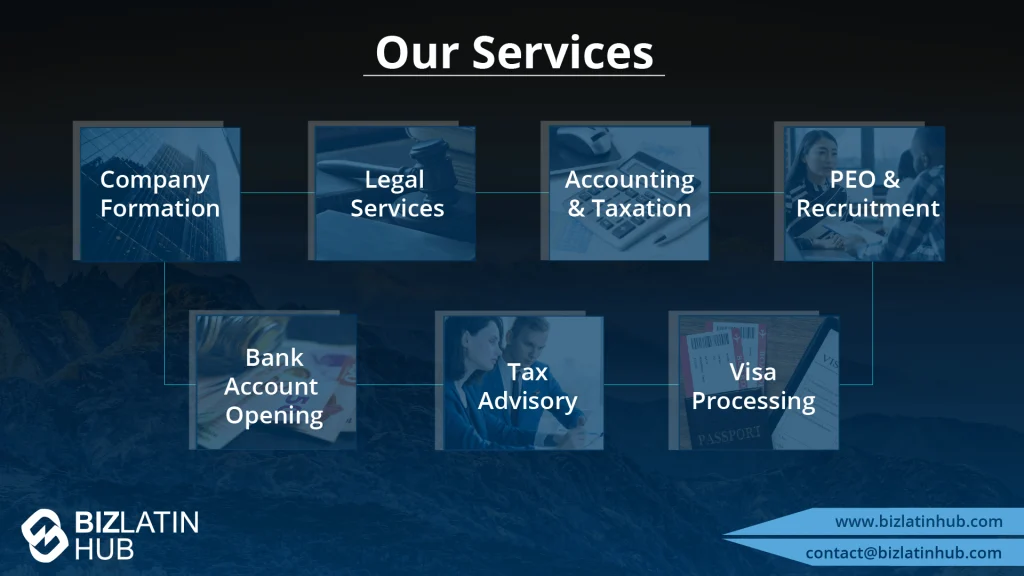We approached our Peru Accounting Consultant for insight into undertaking the accounting closing process in Peru. As the end of the year approaches, companies are preparing their yearly financial statements.
While preparing these statements, it is important to be mindful of requirements and regulations that apply to companies earning income in Peru.

Financial statements are the base to calculate income tax. In Peru, the income tax is contributed to the National Customs Superintendence of Tax Administration (Superintendencia Nacional de Aduanas y de Administración Tributaria, or SUNAT).
In this article, we present 5 important tips to correctly conduct the yearly accounting closing process in Peru, according to our Peru Accounting Consultant.
Tips on closing accounts from our Peru Accounting Consultant
In Peru, the closing process generally includes
- Settlement of the income and expense accounts
- Making the corresponding entries regarding workers participation and income tax, if applicable to determine the period’s result.
- Making distributions of the result established by the corporate or statutory regulations of the entity
- Closing the permanent accounts of the Statement of Financial Situation, charging and paying credit and debit balances.
Identify accrued income
The income tax is applied to income effectively accrued in the year and refers to income the company is already entitled to. In this sense, it is important to review the contracts and operations and verify whether or not to factor the charged amounts into the income tax calculation for the present year.
During the closing period, be wary of a common mistake that can occur when classifying invoices. Invoices that are received in the following year but correspond to purchases or services of the previous year can get mixed up between these two exercise periods.
According to the accrual principle, income and expenses must be declared in the period in which they are produced. In addition, there an accounting technical criterion named criterion of correlation, which should be taken into account when classifying expenses.
The criterion of correlation states that expenses and income should be declared in the fiscal year to which they are attributable. In this sense, expenses and income don’t get mixed up in periods in which they do not correspond. The aim of this criterion is to provide the most accurate information in financial statements.
Be mindful of exemptions
Our Peru Accounting Consultant recommends doing your research regarding potential tax exemptions. According to Peruvian tax law, there are items that despite being considered as income, are not taxed due to benefits from international agreements or local regulations.
The SUNAT website also outlines a number of exemptions for tax on imports. It is recommended that businesses get guidance regarding any international treaties that Peru is involved in that may benefit their import and export activities, as well as other regulations that apply to their industries.

Understand causality of expenses
The causality of expenses applies to all expenses your business has incurred. This principle states that expenses used for income generation or to protect the source of income generation of the company can be classified as deductible expenses, this means that they will contribute to reducing the tax to be paid. Deductible expenses are used as the base to calculate income tax and can help manage large tax contributions.
Some deductible expenses include:
- expenses incurred to remunerate administrators
- expenses by vehicles assigned for management activities or sales and transportation
- bonus expenses
- expenses granted as a stimulus to workers
- transportation and mobility expenses
- among others.
To be aware of which of your expenses are deductible, get assistance from a professional Peru Accounting Consultant who can help you ensure your business is compliant with local tax laws.
Comply with international standards (IFRS)
Since the year 2000, the International Accounting Standard Board (IASB) created the International Financial Reporting Standards (IFRS) which allows accounting to be understandable and comparable internationally.
In Peru, all businesses supervised by the Superintendence of the Stock Market (SMV) and that are listed on the Lima Stock Exchange are obliged to apply IFRS since 2011. Businesses engaging in international activities or dealing with international partners benefit from utilizing international standards as it allows for stability and standardization of practice across countries.
Make sure your Peru Accounting Consultant or team is equipped with IFRS knowledge, as well as in-depth local knowledge on accounting procedures. That way, you’ll remain compliant with all local regulations, building confidence in your overseas operations and enabling your business to grow internationally.
Prepare the technical study of Transfer Pricing
If applicable, provide the Technical Study of Transfer Pricing. This study certifies the market value assigned to transactions, and includes transactions between ‘business groups’. If business A transfers an item to business B, and both businesses belong to the same business group they might be required to submit a transfer pricing study depending on the value of the transactions.
There are certain requisites that define which business should undertake this study. To learn about the minimum value of transactions that are required for this study, consult with a professional that will assist you in the process.
Get assistance from our Peru Accounting Consultants
Peru is an exciting country to do business. The country is growing with stability and according to the Economic Commission of the United Nations, the country will be one of the top performers in South America in 2020, with a GDP growth of 3.2%.
For any business in Peru it is important to comply with tax duties. At Biz Latin Hub, we have a local professional team of accountants trained exclusively in all areas of accounting. We have vast experience helping businesses stay compliant and avoid issues with local authorities.
Get in touch with us here and get more information and advice on tax and accounting procedures in Peru. We are ready to assist with inquiries and help businesses in their success path.
Learn more about our team and expert authors.






